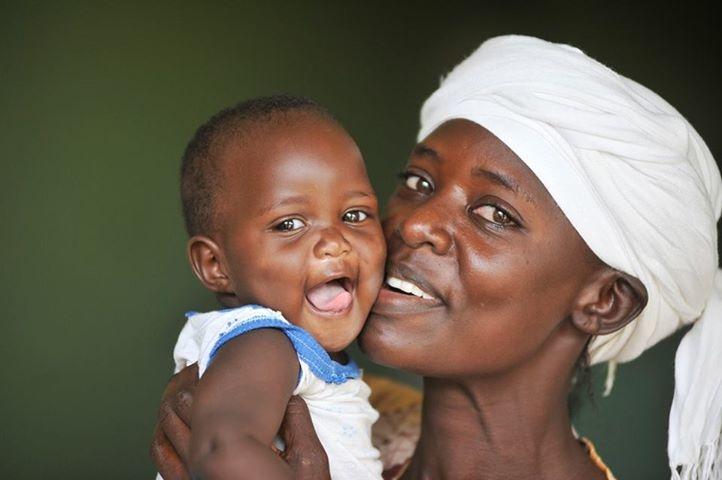
In South Africa there is a high number of deaths due to AIDS-related Kaposi sarcoma – an indication of the magnitude of the HIV/AIDS epidemic in Sub-Saharan Africa. Image: Riccardo Gangale/USAID Kenya
Premature – and potentially avoidable – death from cancer in developing countries is not only a human tragedy but also an economic one in the order of tens of billions of dollars, adding to the case for greater prevention efforts, a new study shows.
Research reveals the total cost of lost productivity due to premature cancer mortality in Brazil, Russia, India, China and South Africa (collectively known as the BRICS countries) was $46.3 billion in 2012 – the most recent year cancer data was available for all these nations.
“More than two-thirds of the world’s cancer deaths occur in economically developing countries, but the societal costs of cancer have rarely been assessed in these settings,” says research co-author Dr Alison Pearce from the University of Technology Sydney (UTS).
“Our research makes a case for why cancer prevention strategies, vaccination programs and cancer screening, combined with adequate treatment, could have a massive impact not just at the health level but also at the economic level,” says Dr Pearce.
The study, to be published in the journal Cancer Epidemiology, was conducted by the UTS Centre for Health Economics and Evaluation (CHERE) and the National Cancer Registry Ireland, in association with the World Health Organisation International Agency for Research on Cancer and a global team of researchers.
The research found the largest productivity loss was in China ($28 billion), while South Africa had the highest cost per cancer death ($101,000).
Liver and lung cancers had the largest impact on total lost productivity across the BRICS countries due to their high incidence, the research found.
The BRICS countries are diverse but have been grouped by economists and others because of their particularly rapid demographic and economic growth.
Currently the five countries combined comprise more than 40% of the world’s population and 25% of global gross domestic product.
“Developing countries may be underestimating the impact of cancer as it is difficult to get the necessary data, and the focus has traditionally been on communicable diseases,” says Dr Pearce.
The research also showed the differing burdens of different types of cancer across the BRICS countries, highlighting the need for local cancer control priorities and strategies.
In South Africa, there are high productivity losses per death due to AIDS-related Kaposi sarcoma – an indication of the magnitude of the HIV/AIDS epidemic in Sub-Saharan Africa.
In India, lip and oral cancers dominated due to the prevalence of chewing tobacco, which is often combined with betel leaf, areca nut and mineral lime.
In China, dietary aflatoxins – cancer causing moulds in many staple foods – are a major risk factor for liver cancer. One quarter of liver cancer deaths in China can be attributed to aflatoxin exposure, costing China’s economy $972 million annually.
Lung cancer was the main burden in Russia but the research also suggested a link between increased liver, head and neck cancers and high alcohol consumption.
“Many of the cancers that result in lost productivity in the BRICS countries are amenable to prevention, early detection or treatment. Unfortunately, and in contrast to developed countries, most developing countries do not have such programs,” says Dr Pearce.
“Brazil has had quite a successful quit smoking campaign, they have reduced smoking rates and you can see the impact of that in the data, and will continue to see benefits for the economy into the future” she says.
The study highlights the benefits from introducing or increasing vaccinations for hepatitis B for the prevention of liver cancer, human papilloma virus for the prevention of cervical cancer, and Helicobacter pylori for the prevention of stomach cancer.
“Valuing lost productivity gives policy- and decision-makers an additional perspective when identifying priorities for cancer prevention and control in their health care systems,” says Dr Pearce.
“This is particularly important in developing economies, where workforce and productivity are key resources in ensuring sustained economic growth.”

